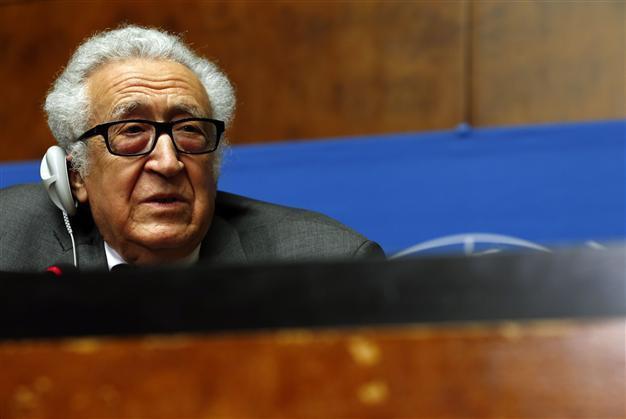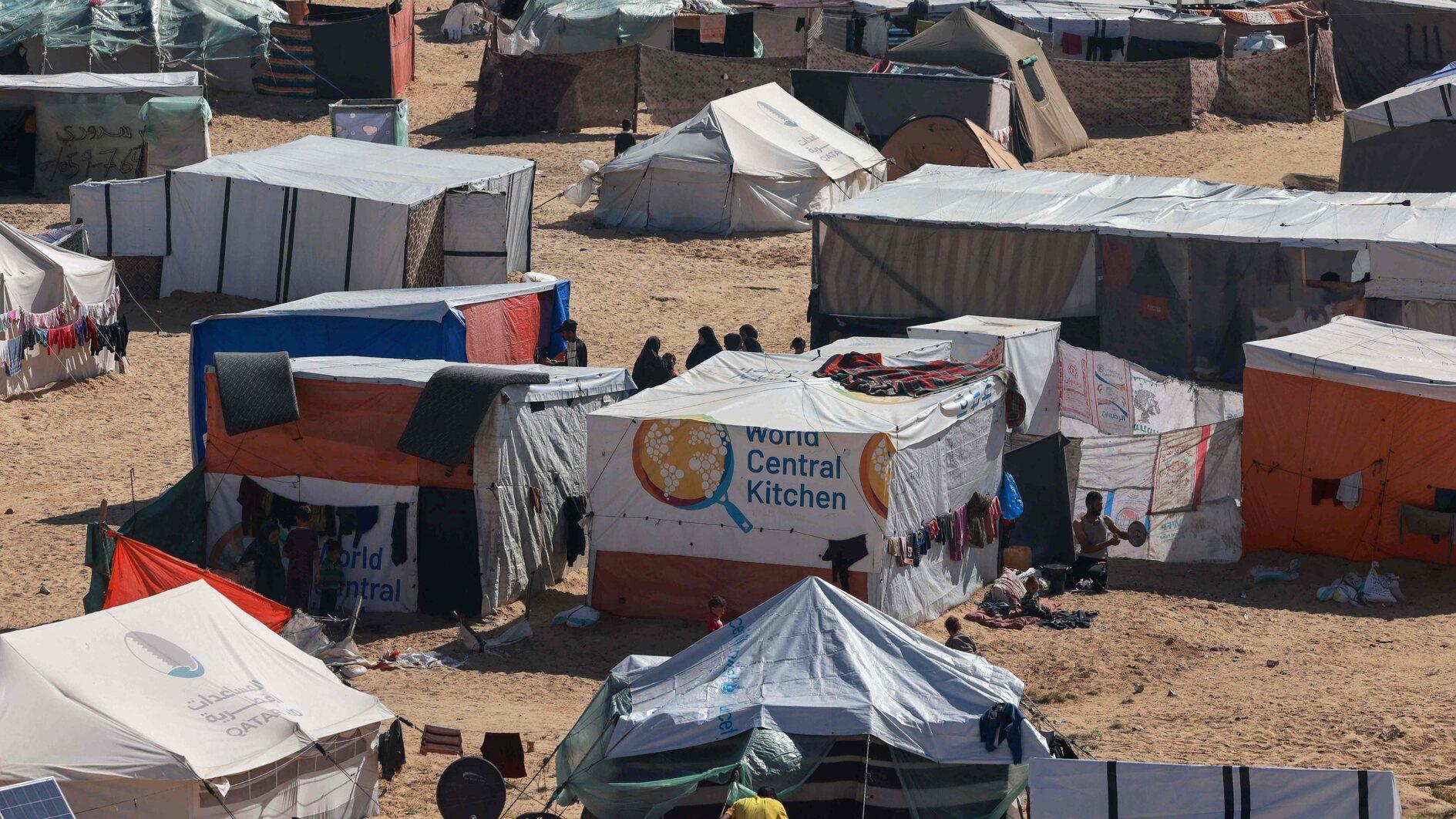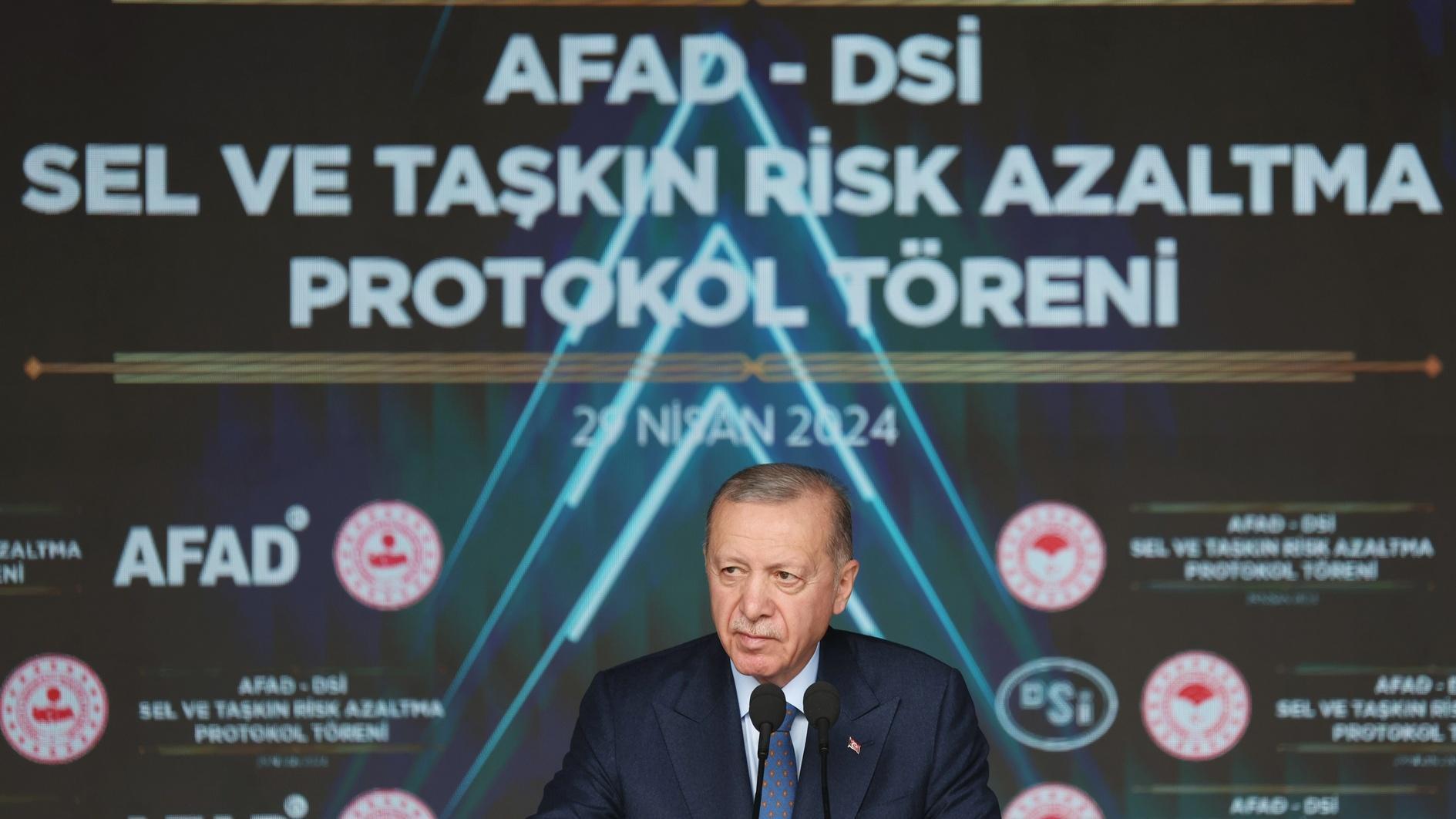UN sets sights on fresh Syria talks from Feb 10
GENEVA - Agence France-Presse

UN-Arab League envoy for Syria Brahimi addreses a news conference at the United Nations European headquarters in Geneva, Jan 30. REUTERS photo
The U.N. aims to bring Syria's warring sides back to the negotiating table from February 10, mediator Lakhdar Brahimi said Jan. 31, despite a regime vow not to give any ground."I suggested we resume, on the basis of an agreed agenda, on February 10," Brahimi told reporters after a week of closed-door negotiations wrapped up.
"The delegation of the opposition agreed to this date. That of the government said they needed to consult with Damascus first." Getting the rival camps to sit down for the first time in almost three years of fighting has been seen as a triumph in itself for Brahimi, a veteran peacemakers.
"Progress is very slow indeed, but the sides have engaged in an acceptable manner," Brahimi said.
"This is a very modest beginning, but it is a beginning on which we can build." "The gaps between the sides remain wide. There is no use pretending otherwise. Nevertheless, during our discussions, I observed a little bit of common ground, perhaps more than the two sides realise or recognise." As the foes sought to breach the gaping chasm between them, nearly 1,900 people perished since the start of the talks, the Syrian Observatory for Human Rights said Friday in a stark reminder of the situation on the ground.
The Syrian regime kept a combative tone as the talks with the opposition National Coalition drew to a close.
"Neither in this round, nor in the next will they obtain any concessions from the Syrian delegation," Information Minister Omran al-Zohbi told pro-regime demonstrators outside the UN's European headquarters in Geneva where the talks were held.
"They will not get through politics what they couldn't get through force," Zohbi insisted, as the applauding 250-strong crowd waved a huge Syrian flag and brandished pictures of President Bashar al-Assad.
Zohbi said his no surrender message was not only for the rebels, whom he accused of "terrorism", but also for their allies in Turkey, Qatar, Saudi Arabia and Jordan, and anti-Assad groups in Lebanon.
Asked about Zohbi's remarks, the 80-year-old Brahimi quipped: "I hope he'll change his mind!" The Algerian veteran mediator has suggested the talks resume on Feb. 10.
It took months of pressure from Syria's ally Russia, and Washington, which backs the opposition, to bring the two sides together.
Opposition spokesman Louay Safi said Jan. 31 that the regime had been forced to negotiate. "The fact that the regime has been forced to come to Geneva - this is the result of the fighting of the Syrian people," Safi told reporters Syria's conflict erupted in March 2011 after a regime crackdown on peaceful Arab Spring-inspired protests.
It morphed into a sectarian-tinged civil war which has to date claimed over 130,000 lives and driven millions from their homes, sparking a devastating humanitarian crisis.
"The regime started this armed conflict. The protests were peaceful, had the regime responded peacefully there would have been no conflict," said Safi.
Brahimi said that despite a difficult start, the talks had got down to specifics. "This week we started to discuss the specific areas of the cessation of violence in all its forms, including the fight against terrorism, and the transitional governing body exercising full executive powers." The two sides agree that they must beat terrorism - but not on what it is.
Brahimi noted that the talks ended with no breakthrough in addressing the desperate humanitarian situation in the country.
He earlier said he was "very, very disappointed" that no progress had been made towards fulfilling the only tangible promise to emerge from the talks: the regime's promise to allow women and children safe passage from rebel-held areas of Homs that have been besieged since June 2012.
Despite a large gap between the warring parties, Brahimi said Jan. 31 they shared more common ground than they realised.
He said both were committed to finding a political solution based on the never-implemented roadmap to peace set out by world powers at a 2012 conference in Geneva."Both sides understand that the conflict in their country has imposed immense and unacceptable suffering on the Syrian people. Both sides recognise the urgent need to bring the violence to an end." But the two sides disagree over who is to blame and what the political solution should be.
The opposition insists that the 2012 plan requires al- Assad to step down - something flatly rejected by the regime. Syrian opposition chief Ahmad Jarba is set to attend the annual Munich Security Conference this weekend, then travel to Russia in a bid to rally support.
















